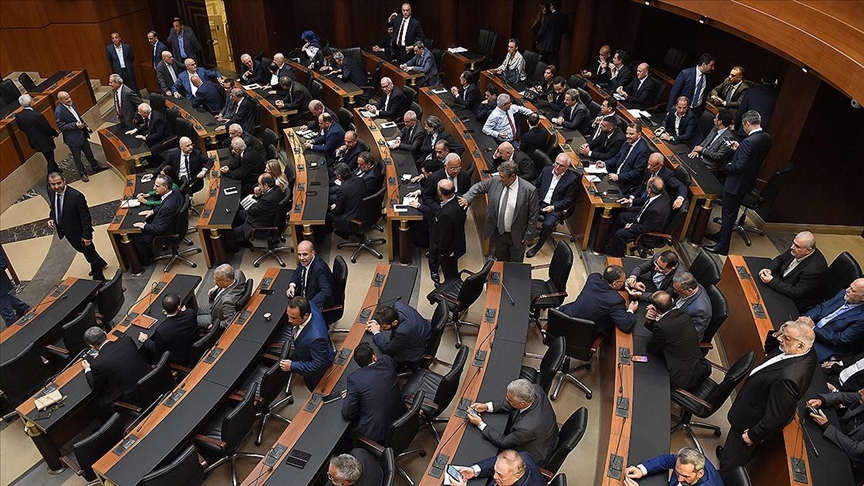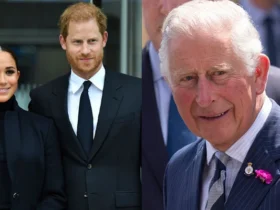
On Thursday, January 9, 2025, Lebanon’s Parliament convened to elect a new president, aiming to end a vacancy that has lasted over two years. The presidential seat has been empty since October 2022, following the end of Michel Aoun’s term. This prolonged vacancy has deepened Lebanon’s political and economic crises.
The leading candidate for the presidency is General Joseph Aoun, the commander of Lebanon’s army since 2017. He is widely respected both domestically and internationally. The United States and Saudi Arabia view him favorably. Initially, the powerful political group Hezbollah supported Suleiman Frangieh for the presidency. However, Frangieh recently withdrew from the race and endorsed General Aoun, increasing Aoun’s chances of election.
Lebanon’s political system is based on sectarian power-sharing. The presidency is traditionally reserved for a Maronite Christian. Despite this clear guideline, the country has faced difficulties in electing a president. Parliament has failed 12 times over the past two years to agree on a candidate. This deadlock has left the country without a head of state, worsening existing challenges.
The recent 14-month conflict between Israel and Hezbollah has further complicated Lebanon’s situation. A fragile ceasefire is currently in place. The war caused significant damage, especially in areas with a Shi’ite majority. Reconstruction efforts are urgently needed. Electing a president is seen as a crucial step toward political stability and securing international aid for rebuilding.
General Joseph Aoun’s candidacy is notable for several reasons. As army chief, he has maintained the military’s neutrality amid political tensions. His leadership during the recent conflict has been praised. However, his potential presidency faces constitutional challenges. Lebanese law prohibits a sitting army commander from becoming president without a constitutional amendment. Parliament would need to address this issue to proceed with his election.
Other candidates have also been considered for the presidency. Jihad Azour, an economist and former finance minister, has received support from various Christian factions. However, Hezbollah views him as a confrontational figure. Major-General Elias Baysari, head of the General Security agency, is another potential candidate. He manages Lebanon’s border and intelligence operations but is less known to the public.
The international community is closely watching Lebanon’s presidential election. Western and Arab diplomats have increased efforts to facilitate General Aoun’s election. They see his leadership as essential for implementing reforms needed to secure an International Monetary Fund (IMF) bailout package. Lebanon’s economic crisis, ongoing since 2019, has led to severe inflation, unemployment, and poverty. A functioning government is necessary to address these issues effectively.
Hezbollah’s support for General Aoun indicates a shift in Lebanon’s political landscape. The group’s influence has been challenged by recent events, including the war with Israel and the ousting of its ally, Syrian President Bashar al-Assad. By endorsing Aoun, Hezbollah may be seeking to maintain its relevance in a changing regional context. This move could also be seen as a compromise to avoid more hostile candidates.






